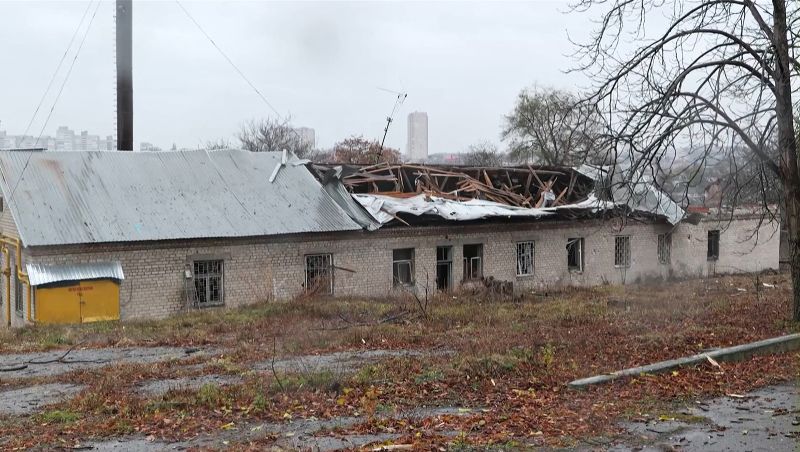Russia’s recent unveiling of a nuclear-capable missile has sparked concerns among global policymakers and experts, signaling a clear departure from the traditional Cold War doctrine of deterrence. This move represents a significant shift in Russian military strategy, as it demonstrates a willingness to rely on nuclear weapons for coercion and influence on the international stage.
During the Cold War era, the primary focus of nuclear weapons was deterrence – the idea that possessing a strong nuclear arsenal could prevent adversaries from launching a nuclear attack. This approach was based on the concept of Mutually Assured Destruction (MAD), which posited that both superpowers, the United States and the Soviet Union, would refrain from using nuclear weapons out of fear of a catastrophic response.
However, Russia’s development and deployment of a nuclear-capable missile challenge this long-standing doctrine of deterrence. By showcasing its advanced weaponry capabilities, Russia is sending a clear message to the world that it is willing to use nuclear weapons as a tool of coercion and power projection. This shift raises concerns about the potential destabilizing effects of a more aggressive nuclear posture.
Furthermore, the timing of Russia’s missile deployment is notable. In an era of increasing geopolitical tensions and uncertainty, the use of nuclear-capable missiles as a strategic tool could heighten the risk of miscalculation and escalation in potential conflicts. The blurring of lines between conventional and nuclear capabilities further complicates the strategic landscape, making it more difficult for policymakers to assess the threshold for military response.
Moreover, Russia’s actions could set a dangerous precedent for other nuclear-armed states, leading to a potential arms race and increased proliferation of advanced nuclear weaponry. This development undermines efforts towards nuclear disarmament and non-proliferation, posing a significant challenge to global security and stability.
In conclusion, Russia’s use of a nuclear-capable missile represents a clear departure from the Cold War doctrine of deterrence. By showcasing its advanced weaponry capabilities and signaling a willingness to use nuclear weapons for coercion, Russia is challenging traditional notions of nuclear strategy and raising concerns about the impact on global security. Policymakers must carefully consider the implications of this shift in military strategy and work towards de-escalation and arms control to prevent further destabilization in an already volatile international environment.
